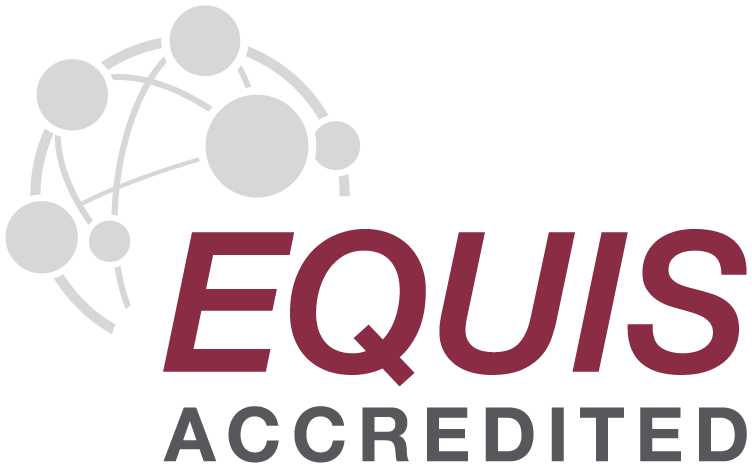What is Active Learning? Watch the video!
Active learning is a process that puts students at the centre by using different teaching methods. It focuses more on how students learn, rather than what they learn. Active learning refers to a wide range of teaching strategies that involve students as active participants in their own learning during class time.
These methods, which may or may not be mediated by the use of technology, require students to participate fully in their learning by thinking, discussing, investigating, creating and reflecting critically - moving from passively digesting information to taking responsibility for actively engaging with sources and developing new perspectives! In an Active Learning classroom, students can be asked to practice activities, solve problems, tackle complex issues, propose solutions and explain various concepts in their own words by sharing ideas, writing and discussing.
The benefits of Active Learning
1. Allows students to practise important soft skills, such as critical and creative thinking, problem solving, adaptability, communication and interpersonal skills - essential skills needed for the jobs of tomorrow!
2. It enables students to learn more and better by improving their memory.
3. Increases students’ learning outcomes in terms of exam performance.
4. It provides more frequent and immediate feedback than passive learning, as everyone is involved and diversity is encouraged. In addition, this type of learning environment can better meet the personal needs of students. It creates a sense of community in the classroom through increased interaction between students and teachers and contributes to self-esteem through frequent conversations with other students.
5. It promotes positive attitudes and creates enthusiasm for learning among both students and professors.
6. It increases the likelihood of passing the exam at the end of the course with higher grades.
The University of Padova developed a programme for professors to learn and implement Active Learning, to promote participatory teaching and exchange good practices and experiences. The project is called Teaching4Learning (T4L) - if you want to know more click here.
Professors in our department are actively involved in this programme and continue to be committed to the continuous improvement of teaching quality.
Your opinion is important to us: help us to improve by filling in the anonymous questionnaire: click here







